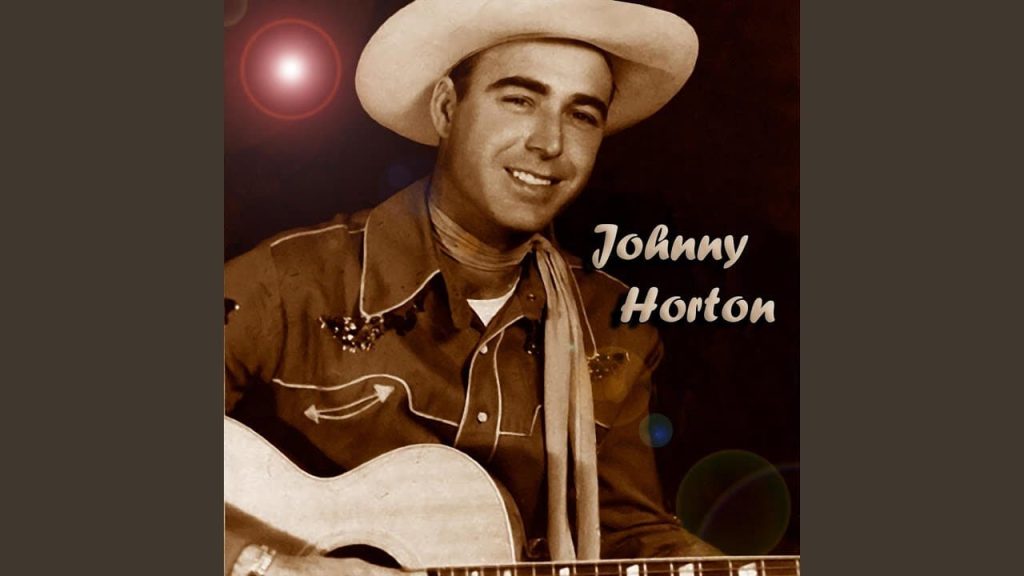
“The Battle of New Orleans” – Johnny Horton’s Rousing Retelling of History
Johnny Horton cemented his legacy as a pioneer of country music with “The Battle of New Orleans,” a lively, humorous retelling of one of the most famous battles in American history. Released in 1959, the song quickly shot to No. 1 on the Billboard Hot 100 and held the spot for an impressive six weeks, becoming one of the biggest hits of Horton’s career. It also topped the country charts and earned him a Grammy Award for Best Country & Western Recording in 1960, solidifying its place as a staple in American popular music.
“The Battle of New Orleans” recounts the 1815 military victory led by General Andrew Jackson against the British during the War of 1812. Written by Jimmy Driftwood, a schoolteacher and folk singer, the song was originally intended as a way to engage students with American history. Driftwood’s clever, conversational lyrics—“We fired our guns and the British kept a-comin’ / There wasn’t nigh as many as there was a while ago”—paired perfectly with Horton’s playful delivery, turning what could have been a dry lesson into a vibrant, infectious tune.
Horton’s performance embodies the lighthearted spirit of the song, blending elements of folk and country with marching drums and fiddle accompaniment. His clear, lively voice gives the track a sense of storytelling urgency, as if he’s narrating the battle firsthand. The rhythm and tempo mimic the action, with the song gradually building momentum until it explodes into the rollicking final verse. This energetic approach helped the song capture the imagination of listeners across genres, not just country music fans.
One of the reasons “The Battle of New Orleans” stood out was its unique mix of history, humor, and music. It wasn’t typical for songs in the 1950s to tackle historical subjects—let alone with such irreverence—but Horton’s playful tone made it accessible and enjoyable for all audiences. The song’s humor is especially evident in lines like “We took a little bacon and we took a little beans / And we caught the bloody British in the town of New Orleans,” which poke fun at the seriousness of war without undermining the significance of the event.
The song was not only a commercial success but also sparked a renewed interest in folk-style storytelling through music. Horton, already known for other historical-themed hits like “Sink the Bismarck” and “North to Alaska,” became a leading figure in the “historical ballad” trend. His ability to weave history into music earned him a unique niche within country and popular music, and his work remains influential to this day.
Even after more than six decades, “The Battle of New Orleans” continues to be celebrated for its blend of music and storytelling. It has been covered by numerous artists over the years, including Nitty Gritty Dirt Band and Hank Williams Jr., and remains a favorite in school history lessons and folk festivals. Horton’s energetic, good-natured rendition still captures the essence of the song: a lighthearted, musical reminder of a moment in time when ingenuity and grit triumphed against the odds.
Johnny Horton’s “The Battle of New Orleans” stands as a testament to the power of music to bring history alive. Its infectious melody, memorable lyrics, and spirited performance have ensured that it remains one of the most iconic country songs of all time.